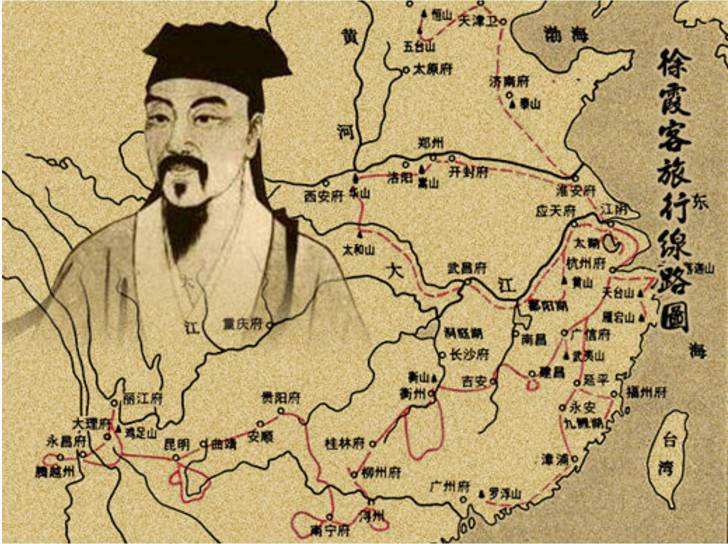trepid explorer keeps a meticulous diary
3 min readXu Xiake was the greatest explorer,travel writer and geographer of the Ming Dynasty(1368-1644),and one of the greatest in China’s history.He was also deemed the first person in the world to study karst geomorphology.
Xu was born into a rich scholar’s family in today’s Jiangyin City,about 156 kilometers west of Shanghai.Unlike his peers,Xu’s father,a well-learned scholar,shied away from officialdom and loved traveling.Because ofhis father’s influence,Xu loved to read about history,geo-graphy,exploring and traveling when he was a young kid.
Xu’s forefathers had built a private library boasting a total collection of more than 10,000 books. Xu had read almost all of them when he was still a teenager. But his love for good books was insatiable. It was said that one day he pawned the clothes on his back to pay for a book when he didn’t have any money on him.
When he was 15, Xu sat for the lowest level of imperial examinations. He failed. His father saw that, like himself, his son wasn’t interested in pursuing a career in officialdom, so he asked him to give up study for imperial examinations and in-stead to cultivate himself into a true scholar.
Xu’s mother could also read and write, which was rare among women in the feudalistic society. She encouraged Xu to leave home and explore the outside world.

Xu embarked on his first journey when he was 22 and spent the following 35 years traveling around the country.
Xu usually traveled on foot and alone, known among his peers as a “wandering recluse.”His great courage, curiosity and persistence led him to numerous places that were unknownor existed only in legends. He also experienced countless ad-ventures.
One day, when he came to the front of a large grotto, he was suddenly surrounded by peasants living nearby. They told Xu that the grotto was inhabited by a divine dragon and it was extremely dangerous to walk into this cave. They tried earnestly to persuade Xu to give up his expedition, but the in-tractable traveler wouldn’t listen.
So, armed with only a torch, Xu entered and found a splendid karst cave.
On another occasion, Xu was on a boat sailing along the Xiang River in today’s Hu’ nan Province when a group of so-called”water bandits”jumped onto the boat. Xu immediately dived into the river and escaped from the robbers, but lost his money and belongings. However, Xu continued his trip the next day.
During his journeys, he often got help from local scholars and monks who supported his endeavor to explore the country.
Sometimes, he also wrote historical documents for local monasteries in exchange for a small fee to cover his travel costs.
And no matter how dog-tired he was or how poor the conditions of lodging for the night, Xu would unfailingly writedown his experiences, observations and discoveries in his diary each and every day. It was said that Xu had documented his travels in a total of 2.4 million Chinese characters, but today only about 400,000 still exist. They are contained in the fa-mous book entitled”The Travelogue of Xu Xiake.”In his diary, Xu did not only recorded local human and environmental conditions, political geography and geographic discoveries, but also clarified things such as the true sources of the Yangtze River and the Mekong River.
Xu’s prosaic and meticulous writing style had also earned him the reputation as a great writer.
Xu died in 1641 at the age of 55.
It was said that he was still holding two stones that he had brought back home to study when he died.








